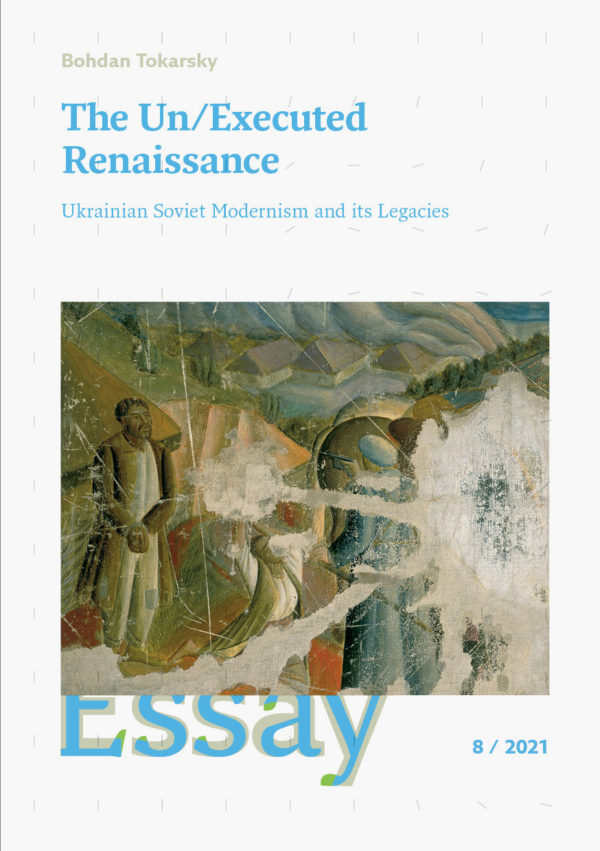
The Un/Executed Renaissance: Ukrainian Soviet Modernism and its Legacies
Bohdan Tokarskyi
Essays des Forum Transregionale Studien, 2021
The Ukrainian culture of the 1920s proved to be not only the most effervescent and seminal creative period in Ukraine’s twentieth-century history, but also a distinct phenomenon in the landscapes of both modernism and Soviet culture. Ukrainian Soviet modernism enjoyed the intertwining of various aesthetic sensibilities, combining the exploration of selfhood and engagement with mass audiences, the making of urban literature and drawing upon rural culture, and the radical break with artistic conventions and continuity with (national) cultural traditions. At the same time, the Ukrainian culture of this period fermented at the intersection of several aspirations, primarily between the assertion of national culture long suppressed in the Russian Empire, participation in the shaping of the nascent Soviet project, and a more intensive dialogue with Western European cultures. This crisscross brought about a sui generis multifaceted culture. In the climate of increasing political pressure in the Soviet Union, this rich hybridity went hand in hand with a multi-layered yet fragmented self, which was caught between different projects of identity-in-the-making: communist/socialist, Soviet, Ukrainian, and European. This essay provides an innovative reading of the Ukrainian Soviet culture of the 1920s and its legacies in contemporary Ukrainian culture and politics.
Bohdan Tokarsky’s “The Un/Executed Renaissance” is Essay No. 8 in the open access series “Essays of the Forum Transregionale Studien”.
Bohdan Tokarsky works at the Institute for Slavic Studies at the University of Potsdam as part of the research project “Europäische Zeiten / European Times – A Transregional Approach to the Societies of Central and Eastern Europe” (EUTIM). He has been a 2020/2021 Prisma Ukraїna Fellow at the Forum Transregionale Studien. Tokarsky completed his doctoral work as a Gates Cambridge Scholar at the University of Cambridge, where he also taught as Affiliated Lecturer in Ukrainian Studies. In his doctoral thesis, he explored the works of the Soviet Ukrainian dissident poet Vasyl Stus.